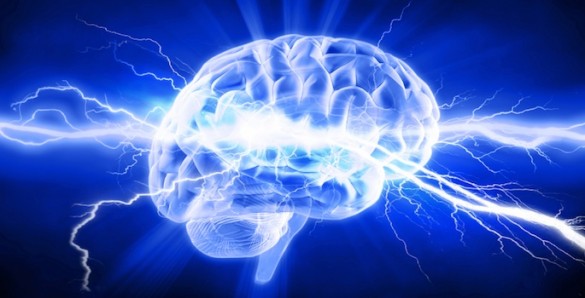
Judges, lawyers and students can finally have the definitive reference book on the intersection of law and neuroscience, and none-too-soon in an era where lawyers are increasingly offering and judges are confronting various forms of neuroscientific evidence.

From litigation against the NFL for concussions suffered by its players to defense attorneys appealing for leniency because of various brain conditions, complicated issues involving law and neuroscience are plentiful. Law and Neuroscience, written by an interdisciplinary team supported by the MacArthur Foundation, is the first reference work to be published in the field.
“We felt the legal system needed an introduction to the relevant science, a comprehensive treatment of the many challenging issues that arise and some help navigating a careful path between the potential promise of using neuroscientific insights in legal contexts, on one hand, and the many perils to be avoided, on the other,” said Owen D. Jones of Vanderbilt Law School, author of Law and Neuroscience with Jeffrey D. Schall, E. Bronson Ingram Professor of Neuroscience at Vanderbilt University and Francis X. Shen of the University of Minnesota Law School.
The book, published by Wolters Kluwer Law and Business, has four stated purposes:
- to introduce readers to how brain science is (and is not) already being used in a number of legal contexts;
- to provide a user-friendly foundation for understanding how the human brain works, and how new techniques are being used to study, monitor and manipulate the brain;
- to examine pathways by which neuroscience may aid (or, if misused, hinder) the legal system; and
- to help readers think critically about the present status and future possibilities of the intersection of law and neuroscience.
“With the publication of this landmark book, the field of law and neuroscience has come of age,” said John Monahan, Distinguished Professor of Law, professor of psychology and psychiatric medicine at the University of Virginia School of Law. “Their analysis is as trenchant as their coverage is broad, spanning topics as diverse as lie-detection, judging, emotions, memory and the adolescent brain.”
The book is augmented with a website with a variety of useful resources, and a portal for posting future, electronic-only chapters on additional topics.